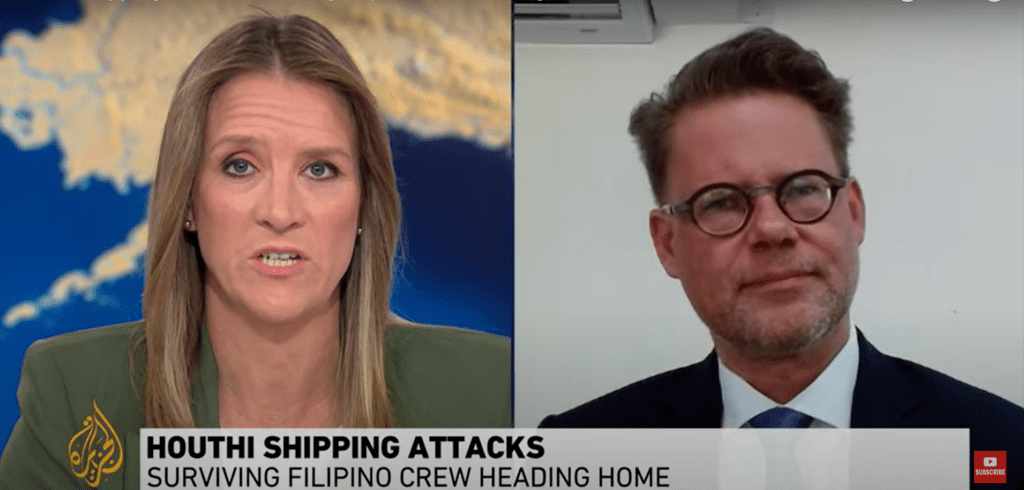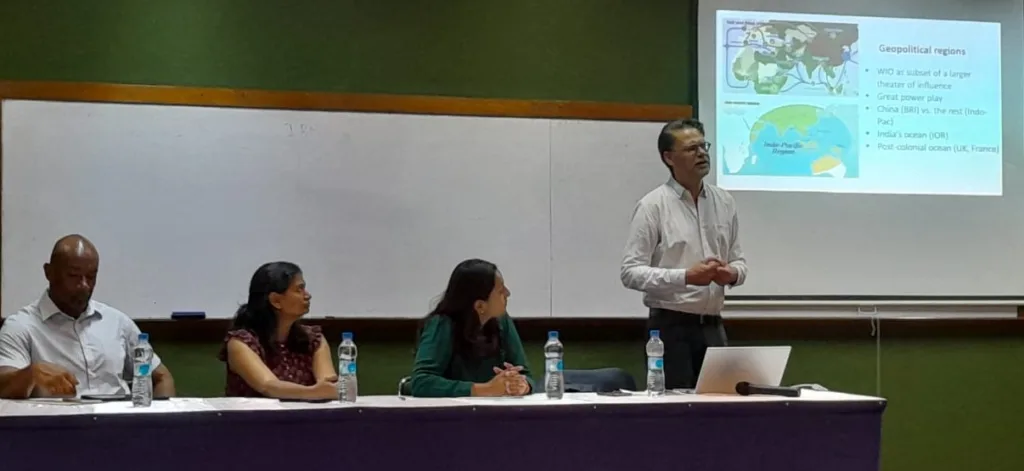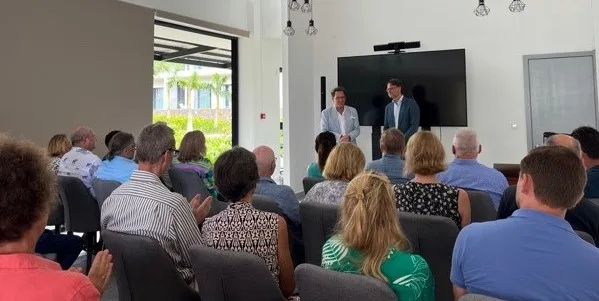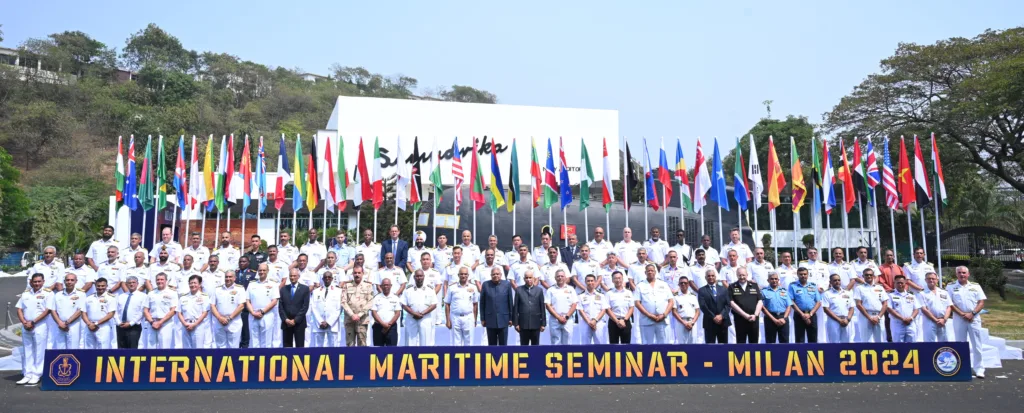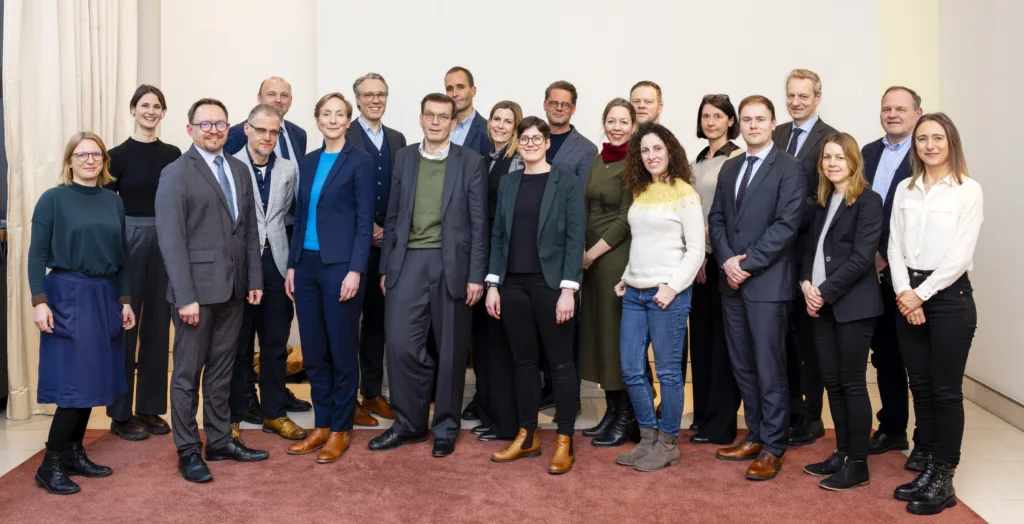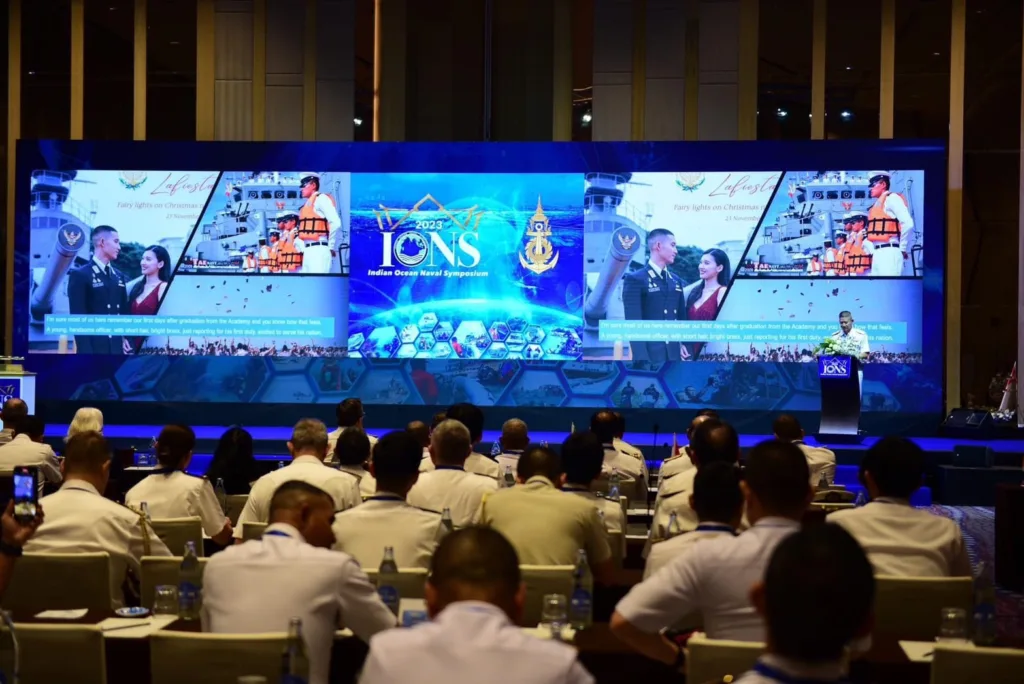What are the challenges that the European Union’s maritime security policies need to address in different regional seas? This was the overarching question of a one day seminar held at the Royal Higher Institute for Defence and organized as part of the Belgian presidency of the European Council.
The event titled Enhancing Maritime Security at the Edges of Europe focused on four regionals seas: The North Sea, the Mediterranean, the Black Sea, and the Gulf of Guinea.
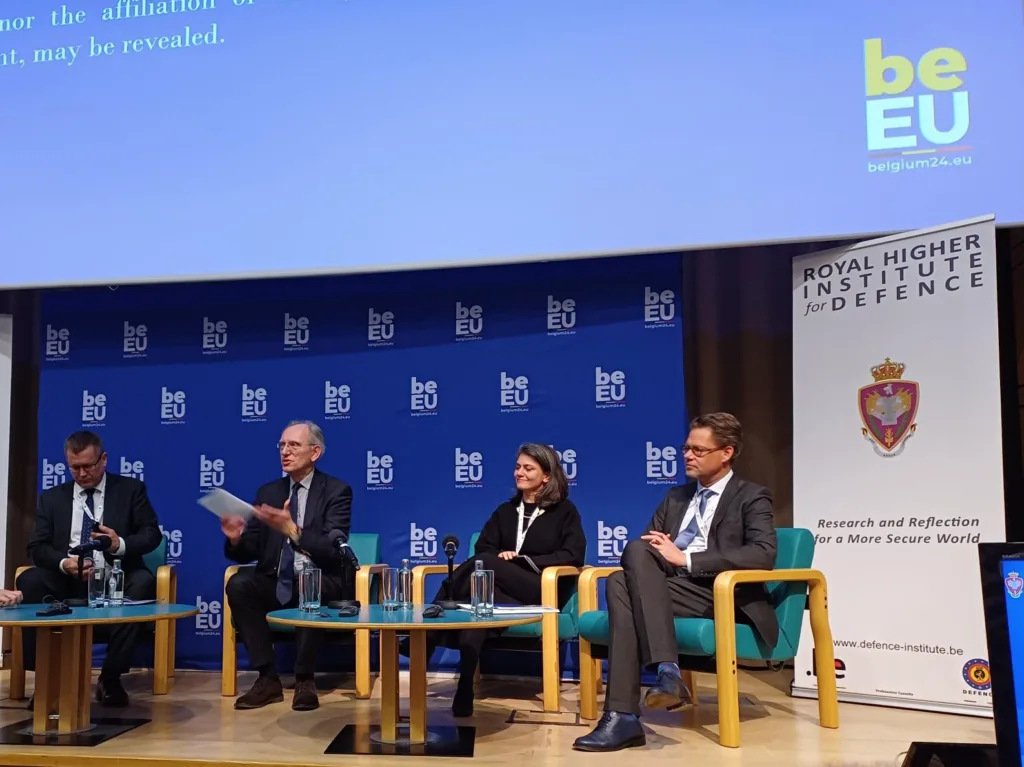
In my talk, I firstly introduced a couple of general observations about maritime security from our book Understanding Maritime Security, firstly stressing the importance of maritime security as a connector, and secondly emphasizing the importance of thinking maritime security in 6D.
I then argued that we have to start thinking about regional seas as dense infrastructure spaces which are highly industrialized. In such environments the key problem is not necessarily freedom of navigation or territorial control, but caring for, protecting, and safeguarding critical maritime infrastructures, including shipping lanes, energy platforms, pipelines and cables.
